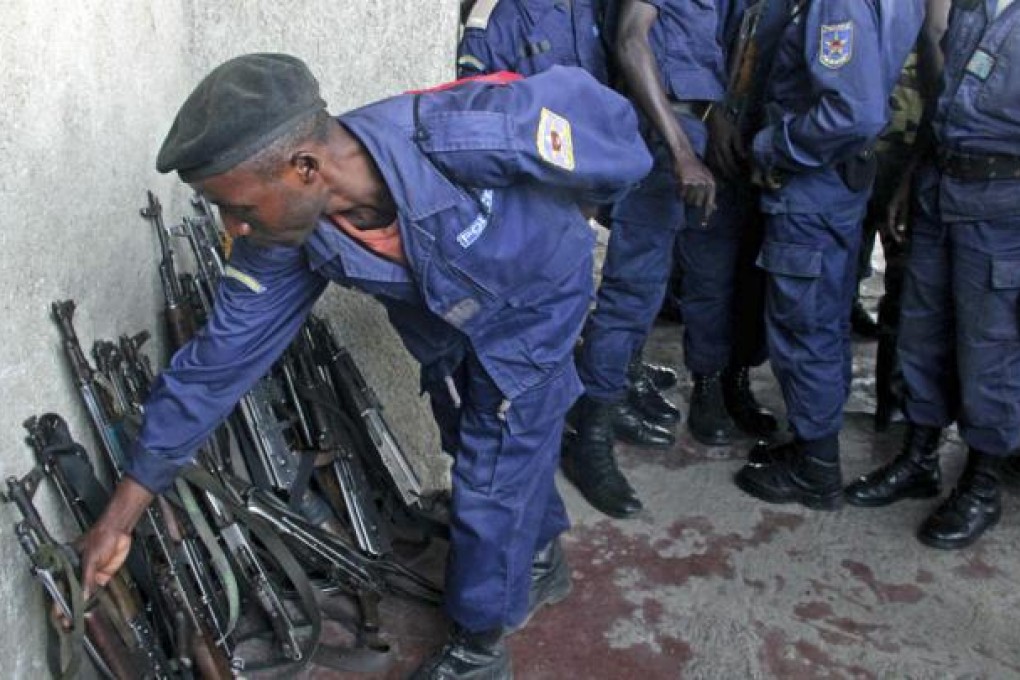Rwanda's drive into Congo has grim ring of familiarity
Rebel advance is yet another Rwanda invasion into neighbour's territory. This time, rich mineral resources appear to fuel the conflict

History is repeating itself yet again in eastern Congo. Rebels supported by Rwanda are on the march. Civilians are fleeing. And higher powers appear to be taking sides.
Democratic Republic of Congo and Rwanda have been at this stage before. First in 1996, then in 1998. Also in 2004 and 2008. The first two conflicts had their roots in Rwanda's 1994 genocide, but now the fighting is mostly over mineral wealth - including minerals used in the world's smartphones and laptops.
Congo is rich in diamonds, gold, copper, cobalt and tungsten. The provincial capital of Goma, which lies on the Rwandan border and which fell to the M23 rebel group on Tuesday, is a major processing point for minerals coming out of eastern Congo.
Rwanda insists it is not aiding the M23 rebels, though a United Nations' expert report written this year said Rwanda and Uganda were doing exactly that.
Many M23 commanders were formerly with the rebel group known as CNDP, which carried out the same military tactics, with Rwanda's backing, in 2007/08, experts say.